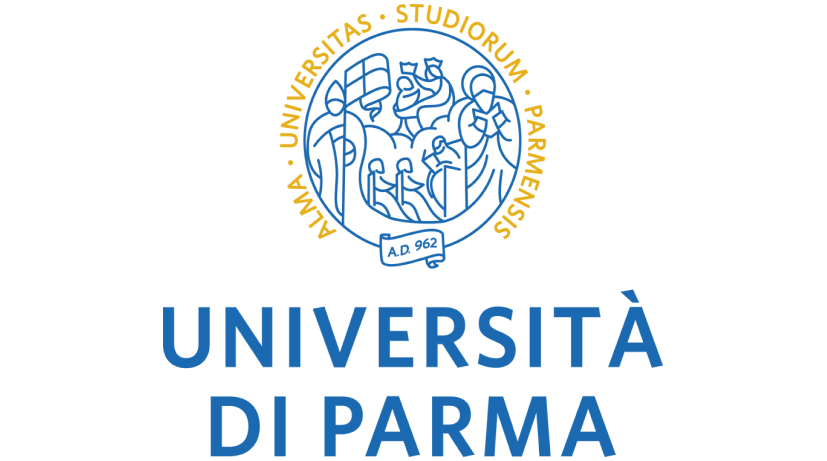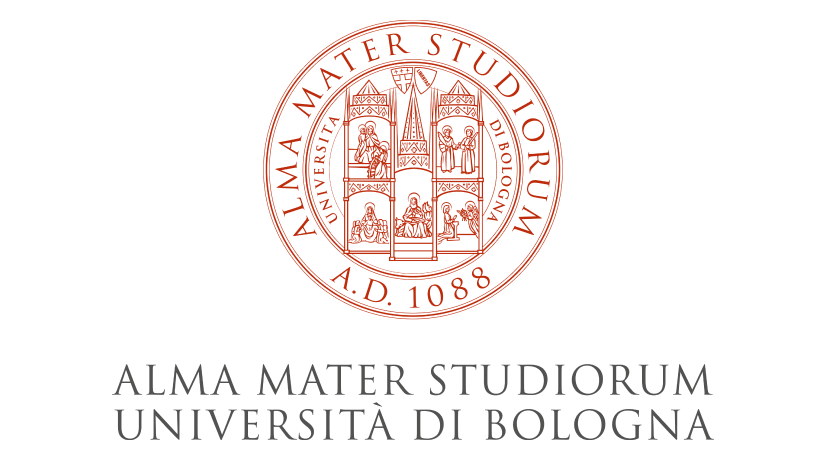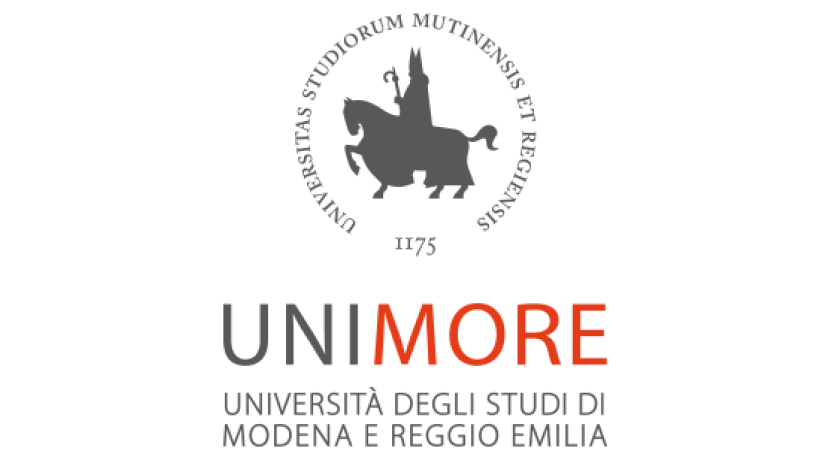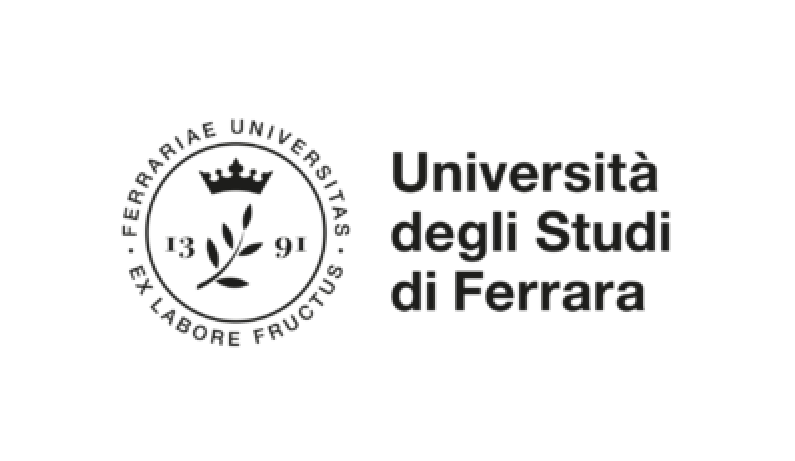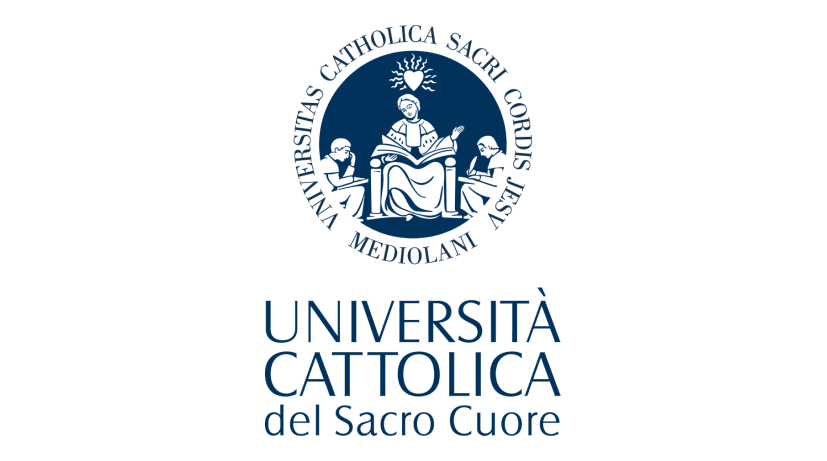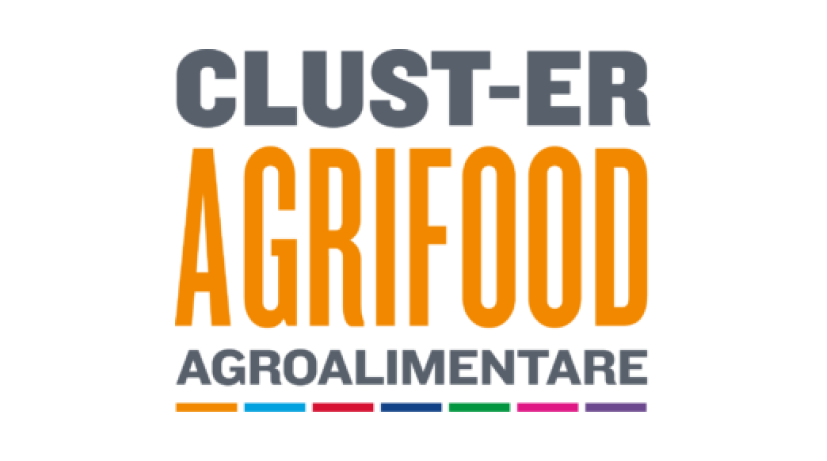Background and context
Framing Food Issues
Building a resilient agri-food system: challenges and solutions
Global population growth, accelerated urbanisation and climate change are weighing heavily on the overall sustainability and equity of the present agri-food system. Moreover, the food system contributes significantly to increasing our anthropogenic impact (land use, exploitation of water resources, loss of biodiversity and greenhouse gas emissions).
The challenges at stake are very demanding indeed: fighting against starvation and malnutrition, ensuring food safety and fair access to natural resources and food, with sustainable management of production and distribution processes, but also combating waste and promoting virtuous eating behaviours through education programmes and efficient policies, which should also be inclusive and promote gender equity.
Food and nutrition are wide-ranging issues that the world should address with a multidisciplinary and interdisciplinary approach.
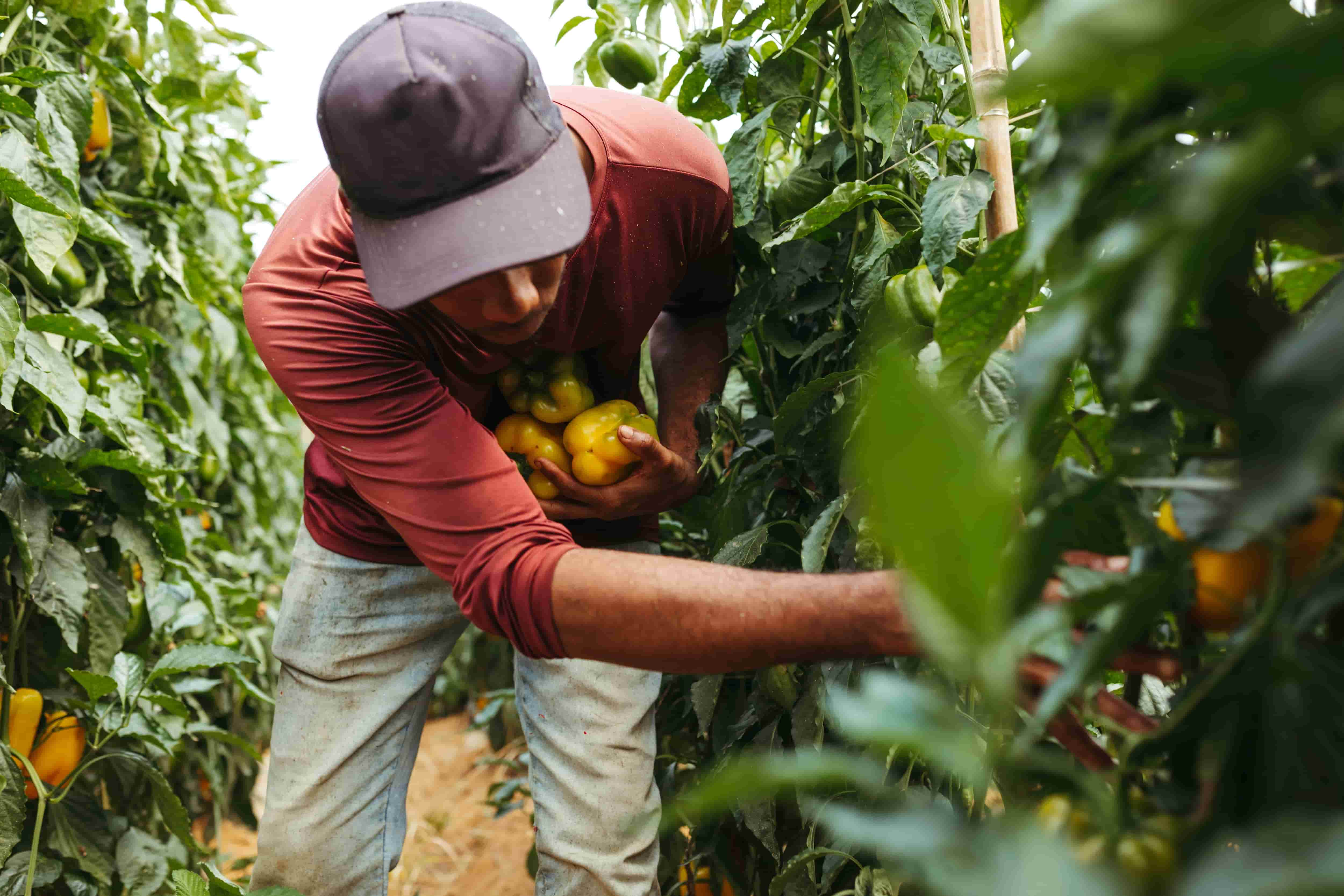
From knowledge to action: empowering food system experts
If considered from a systemic and holistic standpoint, the food system could become a prism through which we can observe, understand and change our reality, as food embraces multiple dimensions of the knowledge and life of all people.
Therefore, obtaining advanced interdisciplinary skills through proper training is essential to address the complex challenges that the food system presents. It is necessary to promote collaboration and synergies between different sectors, from agriculture to food technologies, from nutrition sciences to economics and politics, all as part of research and innovation projects that can contribute to building a more sustainable and resilient food system.

Coordination and shared planning efforts involving universities, firms and public bodies are therefore necessary to nurture the food experts of tomorrow.
We work to create:
Global Food Solutions through Inter-university Excellence
The crucial task that Fooder seeks to achieve is to develop innovative and sustainable solutions to ensure equitable access to nutritious and safe food for all people, all the while reducing the overall environmental impact of the food system.
As such, high-level university education delivered by highly competent researchers and teachers plays a central role in shaping the future of the global food system, ensuring a solid knowledge base to face the complexity of current and future challenges.
How we do it:
Actively integrating firms into training programs
If we wish to achieve these objectives, companies should be involved in designing and implementing our future training paths from the very beginning, taking an active part in the educational process with all their expertise, voicing their needs, putting their experiences at the students’ disposal and co-designing the most suitable training solutions together.
Advancing agri-food excellence: the Fooder initiative in Emilia-Romagna
Fooder can rely on the long and significant tradition of the region Emilia-Romagna in studying, researching, innovating and producing excellent food.
Fooder promotes research collaborations and facilitates exchanges of expertise to provide students with better training and effectively support entrepreneurs.

